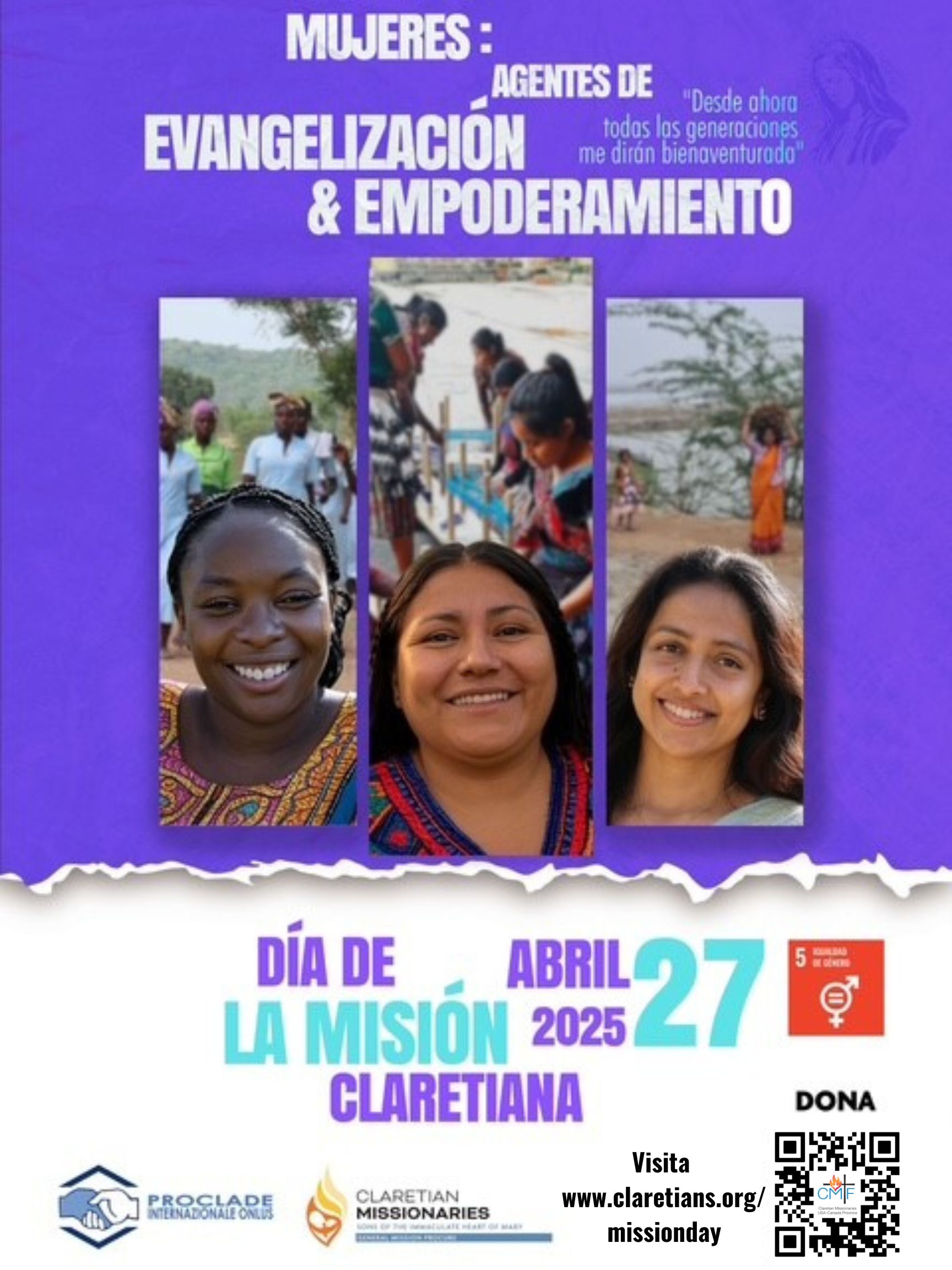As I was singing the Holy, Holy (Sanctus) last night at Mass, I was struck by the fact that all the well-known settings of the Ordinary are being rewritten to accommodate a single change in the Sanctus, from "God of power and might" to "God of hosts" (armies, not wafers). Then, as I sang "Christ has died, Christ is risen, Christ will come again," I was angry that such a simple text, composed in English, that so well captures the "mystery of faith" will be lost to us on the First Sunday of Advent 2011. Incidentally, that acclamation has been picked up by our Christian family in the churches of the Reformation, used at almost every Lutheran and Episcopal liturgy I've been to.
So it is with some dismay that I am already hearing a general surrender among the liturgical literati who taught me what I know about the liturgy. "Make the best of it" seems to be the attitude: In other words, let us try to contain the pastoral damage by making this a teaching moment on the liturgy. Let us protect the faithful from their sacred pastors and not tell them what has really happened here, and why they will be saying something as meaningless as "And with your spirit" four times during the liturgy.
All we are doing is once again accommodating a usurpation of authority by Rome, introducing changes that have little pastoral value and may be damaging at a time of incredibly damaged credibility. The principles that lie behind this translation are a rebuke of the Second Vatican Council's pastoral principle that the active participation of the faithful, not word-by-word translation, is the primary goal of liturgical reform. The results are a clericalized, hieratic liturgy that will once again distance the people of God from the prayer that by divine right–by virtue of their baptism–belongs to them.
To boot, the people of God will be spending millions of dollars in the coming years on resources–new missals, hymnals, educational materials and worship aids–on a translation that is, quite frankly, not worthy of them, and then be subjected to homilies (where else is this catechesis going to happen?) that spend more time on grammar than they do on the nitty gritty of living the mystery we celebrate.
Enough with the accommodation: Either give us the beautiful translation approved in 1997/98 or leave us with the current one, despite its weaknesses. This one should be returned to sender.
—————-
Read "Getting to know the new Mass" parts 1, 2, and 4.








